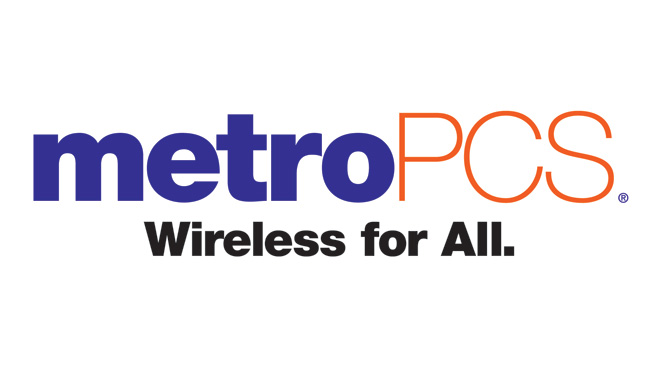Top Class Actions’s website and social media posts use affiliate links. If you make a purchase using such links, we may receive a commission, but it will not result in any additional charges to you. Please review our Affiliate Link Disclosure for more information.

During the discovery phase of the trial, it was found that the average Class Member had worked about 10 hours of overtime without proper compensation under the Fair Labor Standards Act (FLSA). The FLSA is the federal law that provides for things like overtime pay, minimum wage, and lunch breaks.
The FLSA is designed to be enforced, partly, through wage and hour lawsuits against alleged offenders. This serves both to compensate victims of FLSA violations and to punish and discourage offenders.
After negotiations, it was decided that each Class Member would be awarded the equivalent of five hours per week, which the judge approved as a fair compromise between the Class Members and MetroPCS’s legal team.
There have been several stumbling blocks in this unpaid overtime class action lawsuit. First, MetroPCS attempted to get the Class decertified, that is to break apart the class action lawsuit, when it was first filed back in December of 2013.
Additionally, MetroPCS asked for a summary judgment on the grounds that the employees in the unpaid overtime class action lawsuit were all “exempt,” meaning they were in positions that do not qualify for overtime pay according to the FLSA. MetroPCS also asserted that the employees in the unpaid overtime class action lawsuit were not directly working for MetroPCS, and were instead working for independent companies.
However, before the court could rule on these points, the class action settlement was reached, which has been conditionally approved.
Class action lawsuits are a type of group lawsuit. Class action lawsuits are designed to help streamline the legal process by combining tens, hundreds, or even thousands of potential individual lawsuits into a single class action lawsuit. This saves time, money and resources for all parties involved.
For example, defendants only face a single class action lawsuit, the court system only has to only hear a single case, and plaintiffs can share legal fees among themselves, making it cheaper for plaintiffs to seek legal redress. In this case, it is estimated that each member of the Class will receive as much as $5,314 after attorney fees.
The MetroPCS Unpaid Overtime Class Action Lawsuit is Palma, et al. v. MetroPCS Wireless Incorporated, Case No. 8:13-cv-00698, in the U.S. District Court for the Middle District of Florida.
Join a Free Unpaid Overtime, Wage & Hour Class Action Lawsuit Investigation
If you were forced to work off the clock or without overtime pay in California within the past 2 to 3 years, you have rights – and you don’t have to take on the company alone. See if you qualify to take legal action now.
ATTORNEY ADVERTISING
Top Class Actions is a Proud Member of the American Bar Association
LEGAL INFORMATION IS NOT LEGAL ADVICE
Top Class Actions Legal Statement
©2008 – 2024 Top Class Actions® LLC
Various Trademarks held by their respective owners
This website is not intended for viewing or usage by European Union citizens.














